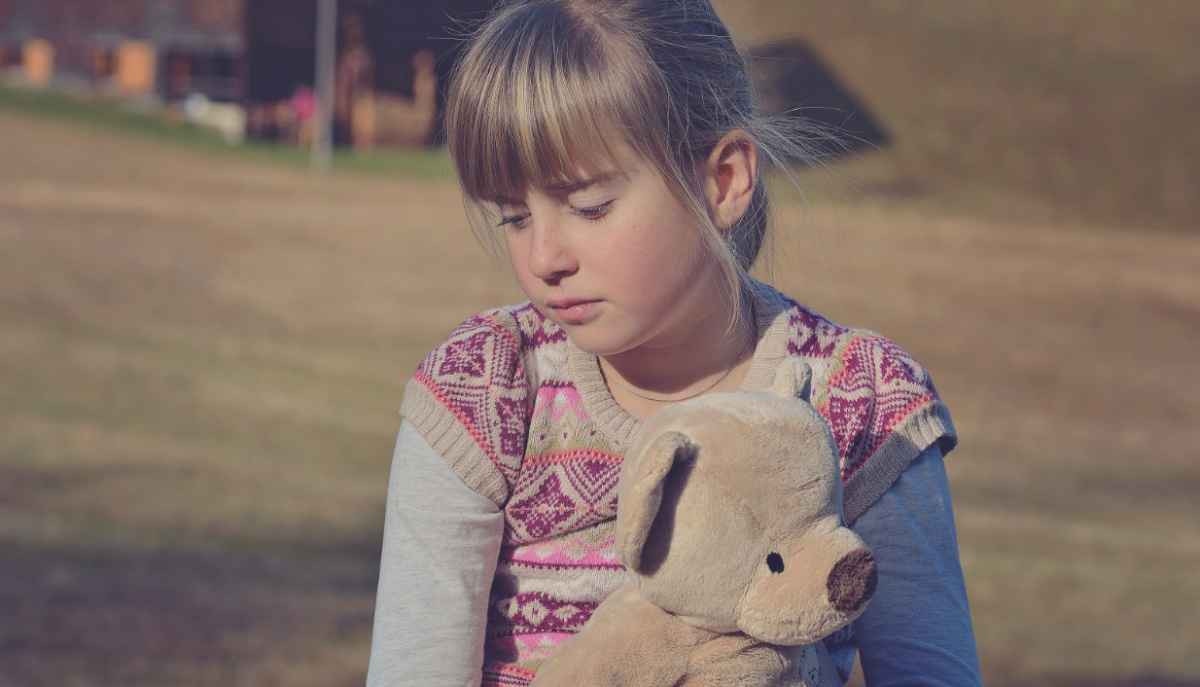HOW TO RECOGNIZE THE SIGNS OF BULLYING AND WHAT TO DO IF YOUR CHILD GETS BULLIED AT SCHOOL

The Department of Health and Human Services recently reported that 1 in 3 students in the U.S. admitted that they have experienced being bullied. Usually, bullying happens in middle school. The most common types of bullying are verbal and social/digital.
Today, bullying remains to be a rampant and severe problem in most schools. The statistics don’t lie. In fact, 28% of the students revealed that they have been bullied during grades 6 to 12. Additionally, 70.6% of young people stated that they have seen or witnessed bullying in their schools.
As a teacher, it breaks my heart reading all these statistics. Bullying affects everyone, those who bully, those who get bullied, and those innocent bystanders who witness bullying. The harsh effects of bullying may even last into adulthood.
I wanted to write this blog post to help moms recognize the early signs of bullying and offer advice on what you can do you if you find out your child is being bullied at school. As parents, we might think that bullying is the violent act of screaming, shouting, fighting, or any form of physical aggression. That’s not the case anymore in this digital age. The signs of bullying are not always obvious.
When a child is experiencing bullying physically, you would immediately notice it. There would be missing items, torn clothing, bruises, and cuts. However, “new age” bullying is difficult to spot most of the time. It could be the whispers, the eye rolls, the note passing, and the cold-shouldering, or harassment online.
Nevertheless, you should watch these signs that your child may be demonstrating:
- refusing to go to school
- stomachaches, and headaches
- constantly shaking, agitated, or restless
- appearing nervous or anxious for no apparent reason
- avoiding interaction with family and friends
- talking about being alone
- feeling helpless and blames oneself
- a sudden change in school performance
- avoiding riding the bus
- experiencing nightmares or having difficulty falling asleep
- bedwetting or unintentional urination
- talks about death, suicide, or giving hints about not being around
These signs are just the tip of the iceberg. However, school refusal is the most common indicator of bullying. If your child is doing well in school, then, you notice a sudden change of behavior. You better check the reason behind the refusal of going to school. Avoid assumptions on why your child doesn’t want to go. Instead, listen to your child with understanding. Let them do the talking and avoid questions such as, “What did you do? Did you provoke them first? Did you say something upsetting?”
Below are helpful tips as soon as you find out that your child is being bullied:
- Don’t rub salt to the wound. They’re already dealing a lot of guilt and pain right now. It’s important to reassure your child of your love and support right. Be a true friend and listen to what they have to say.
- Share what you have noticed such as changes in his behavior and/or performance in school. Watch for nonverbal cues. If your child is not opening up, don’t pressure them to talk. Just continue to observe and look for signs. The best time to talk with your child is when they arrive from school, and to make sure that they are calm and composed.
- Don’t try to interfere and schedule a surprise meeting with other kids. Usually, meeting face to face to solve the problem never works. You will just make things awkward for the kids, and it may end up making the situation even worse. Instead, ask the teacher for help.
- A lot of bullying happens in school so the teacher may have noticed something that you did not. Do not hesitate to approach your child’s teacher because I personally don’t find it a bother. Being a teacher myself, I always want to help students feel safe whenever they’re on my turf.
- Lastly, talk to your children and teach them how to handle these types of situations. Remind them on how to treat their classmates so they wouldn’t trigger untoward incident. There is no one concrete solution that applies to all. However, if you talk about bullying, you teach your children to take appropriate action.
Any form of bullying, whether physical, verbal, or cyberbullying, can cause long-term effects. Bullying can lead to severe depression, social anxiety, and even suicide. So, let us not take this issue lightly. Let us all be instruments of peace by fostering a happy and safe place both at school and at home.
Nothing fuels the fire for math than discovering you can be a math genius! If you’re not sure Abacus will help your child, sign up for a free preview of our online Abacus Classes – there’s no obligation to register! Come meet with us, watch some kids in action, calculating at the speed of light! We guarantee you will have fun watching these little geniuses.
CONTACT US
VISIT OUR SCHOOL
ABOUT JAMS & ONLINE ABACUS CLASSES
JAMS is proud to be the only Abacus math school in Portland and in the State of Oregon certified by the League of Soroban of Americas. Since 2001, we have dedicated to Abacus & Anzan instruction and to building a strong foundation of Mental Mathematics along with lifelong skills. JAMS empowers children to achieve academic success, so they will grow in areas that go well beyond the classroom. JAMS parents can expect their child to improve in 5 different areas: concentration, discipline, problem-solving, time management, and confidence. This is the teaching approach at JAMS since opening its doors.
